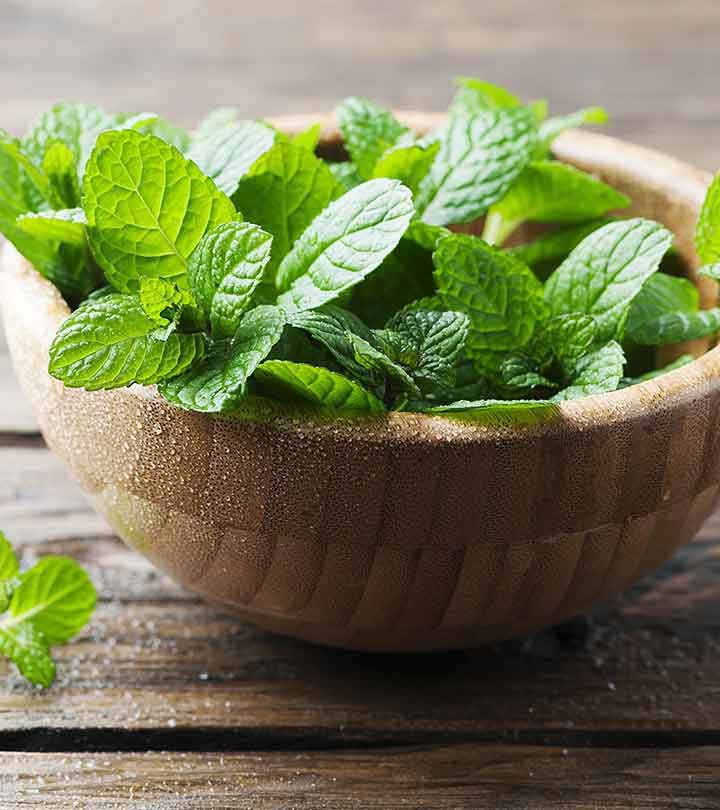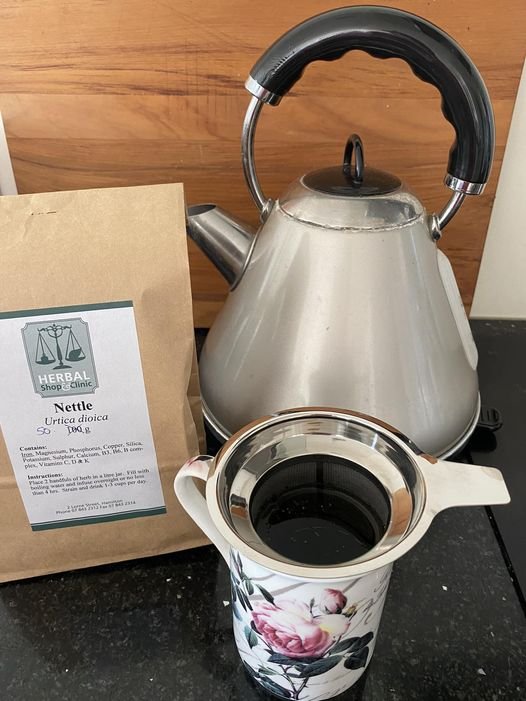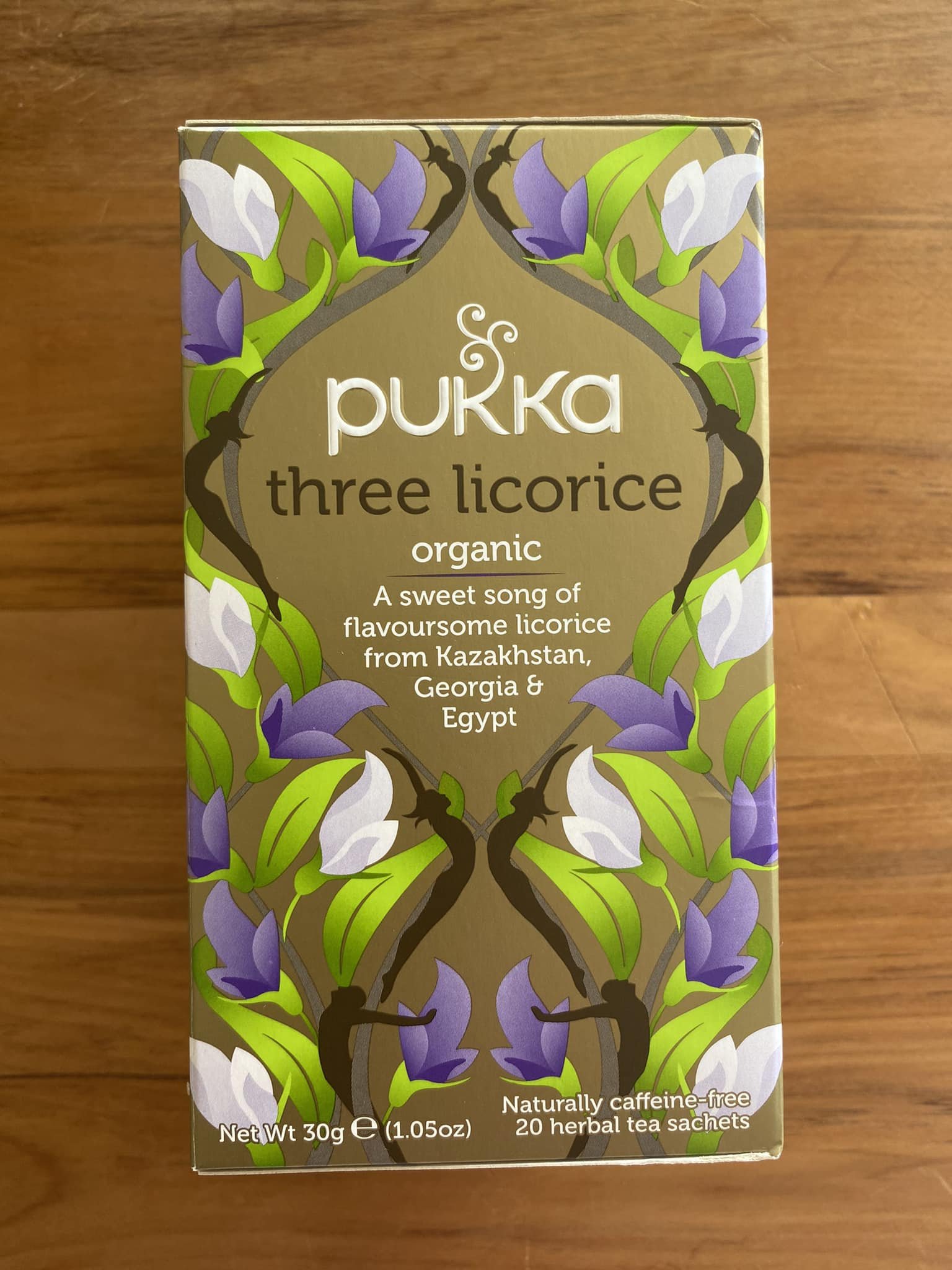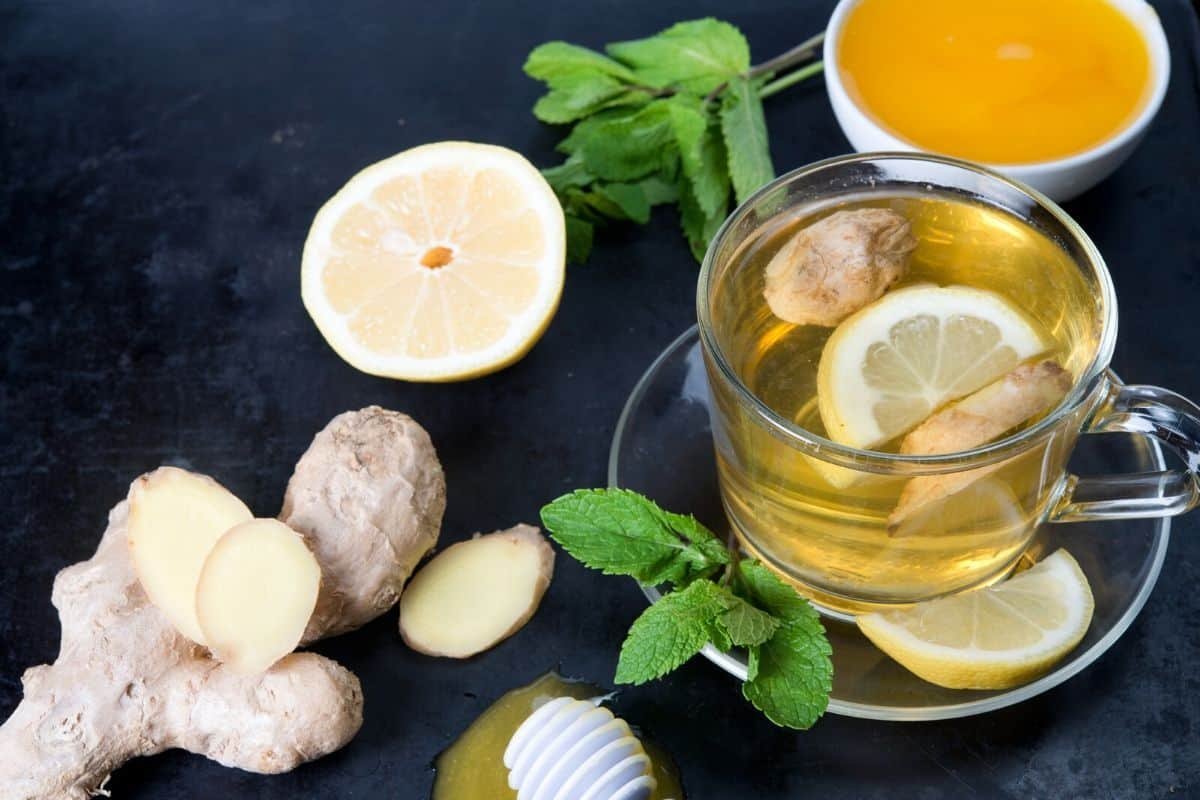Medicinal Teas
Let everday be an opportunity to grab life by the tea cup
Herbal teas are infusions of herbs, spices, fruit or dried flowers in water. They are not actually “tea” as they do not contain tea leaves from tea plants. Natural medicinal teas can address many health challenges including: liver detox, headaches, anxiety, digestive discomfort and so many more.
To make the perfect brew use 1 tsp of herbs or 1 teabag per 250ml cup of hot water:
Add herbs to your cup and cover with a little cold water to protect delicate herbs so they retain their nutrients and flavour.
Pour over boiled water.
Leave to infuse for 3-5 minutes; however heavier herbs may need to be steeped longer or even simmered on the stove top.
Add lemon or pure maple syryp if desired.
Simply breathe and drink tea
Botanical spotlight on Burdock the blood purifier.
The root's active constituents are:
- Inulin, a prebiotic fibre to support GUT HEALTH.
- Phenolic acids, antioxidants that are good for SKIN.
- Bitter glycosides, SUPPORT LIVER AND DIGESTION
- Natural diuretic
- Polyacetylenes, multiple activities including: ANTITUMOUR NEUROPROTECTIVE, ANTIDEPRESSION, ANTIOBESITY HYPOGLAECEMIC, ANTIVIRAL, ANTIBACTERIAL, ANTIFUNGAL AND HEPATOPROTECTIVE.
Nutritional constituents:
- Vitamins A, B2, B3, C and E
- Minerals: iron, calcium copper, iodine, silicon, sulphur, zinc
Dried Burdock Root is available from Herbal Medicine shops and is easiest to have as a tea. Simmer 1 teaspoon Burdock in 1 cup of water for 20 minutes. Strain. Drink hot or cold, and add a squeeze of lemon or manuka honey if desired.
Tea tastes better when your heart is full of gratitude
Botanical spotlight on Peppermint
Peppermint tea is a refreshing, naturally sweet and caffeine free energy boost. A type of mint with high amounts of menthol. Often drunk for its flavour; but boasting numerous science-backed health benefits like:
1. Digestive support relieving bloating, gas and indigestion, menstrual pain.
2. Improving mental focus and reducing mental fatigue.
3. Relieve headaches and anxiety.
4. Ease sinus congestion and help you breathe a little easier.
It is easy to grow your own to jazz up a glass of water, or dry to make peppermint tea. Energising and uplifting.
Have a cup of positiviti-tea :)
Botanical spotlight on Nettle.
Nettle tea is made from dried leaves of stinging nettle and has been used for centuries for its medicinal properties.
Its many uses include:
1. Suppressing inflammation which has been shown to treat symptoms of joint pain.
2. Antimicrobial to protect against urinary conditions like UTI or BPH (benign prostatic hyperplasia). A natural diuretic it flushes bacteria through the urinary tract.
3. Helps to lower blood pressure. Nettles stimulate the production of nitric oxide to dilate blood vessels so blood flows through more easily.
4. Seasonal allergies. Nettle’s constituents act as natural antihistamines to ease symptoms of hay fever.
Nettle tea is a great daily choice to get a wide range of nutrients like: calcium, magnesium, potassium, iron and phosphorous, vitamins A, B, C and K, amino acids and health fatty acids and phytonutrients: quercetin, beta-carotene and lutein.
Pour boiling water over 1 tsp nettles and infuse for 4 hours or make a litre by putting 2 handfuls of herb into a litre jar. Fill with boiling water and infuse overnight. Store in fridge. It does taste quite "green" so add some lemon or pure maple syrup if needed.
Safety notes:
Wear gloves if making your own with fresh nettles.
Care should be taken if you are on blood pressure medication, blood thinners or diuretics.
Tea time is the chance to pause, relax, inhale and contemplate.
Botanical spotlight on Licorice
Glycyrrhiza from the Greek glykos = sweet and rhiza = root. Glycyrrhizin, the most active ingredient is responsible for most of the benefits of Licorice root.
It has been used medicinally for over 4000 years. Its medicinal uses include:
Phytoestrogen (phyto = plant) constituents in licorice have endocrine effects showing similar benefits to HRT in post-menopausal women.
In vitro studies show anti-cancer properties inhibiting growth of cancer cells.
Licorice is hepato-protective:
- Stimulates healthy liver cells.
- Protects liver cells from chemical damage.
- Enhances detoxification enzyme activity improving liver function.
Licorice is a safe and effective anti-microbial against H-pylori, Staphylococcus, fungi and viruses.
It offers respiratory support for bronchitis, asthma, coughs and viral infections.
It supports gastro-intestinal healing of ulcers of the digestive tract and is a mild laxative.
Licorice is anti-inflammatory for arthritis and skin inflammation, e.g. eczema
It helps fight fungal infections like candida.
As a tea, licorice is considered safe, however the herbal tincture and licorice confectionary may raise blood pressure especially with a high salt intake for people with hypertension, or interact with some medications.
Never say no to adventure or a cup of tea
Botanical Spotlight on Kawakawa
Kawakawa, a member of the pepper family is probably the most common New Zealand native ingredient used in drinks. It tastes similar to green tea with a little more spice. Revered among Maori for its healing and restorative properties and been used in traditional Rongoa Maori for centuries. Its many medicinal uses include:
a gentle blood purifier
helps to remove toxins
soothe digestion
increase circulation
aids healing
anti-inflammatory, antioxidant and anti-aging.
Make tea with 2 leaves per cup, choosing emerald green leaves with small holes. These have stronger medicinal properties as the plant’s immune response to being eaten by insects is activated to protect the plant. Steep in hot water for 10 minutes. Strain and enjoy with lemon, ginger or manuka honey.
It is mildly laxative and mildly sedative, so for some people the second cup can make them feel a little spacy.
Kawakawa tea is a naturally good remedy
Botanical spotlight on Ginger
Ginger tea is hot water infused with fresh ginger. Somewhat fittingly ginger resembles the stomach, and it is helpful for digestive issues. It can relieve nausea and ease digestive discomfort like bloating, wind, pain and indigestion.
The active ingredient gingerol is most abundant in pungent roots and activates heat receptors on the tongue.
Gingerol can alleviate inflammation making it helpful for:
arthritis
protecting against neurodegenerative diseases
relieve menstrual cramps
It has also been found to:
help lower blood sugar
lower LDL (bad) cholesterol
have protective effects against cancer
ease anxiety/tension headaches
be useful for fighting infections e.g. e.coli and candida (both intestinal infections)
A cup of ginger tea is as easy as steeping slices of ginger in hot water. Lemon and manuka honey are delicious additions to a cup of ginger tea.
Tea is a hug in a cup
Botanical spotlight on Turmeric
Turmeric is a rhizome that has been used medicinally for thousands of years in Ayurvedic and Traditional Chinese Medicine as a blood purifier and liver detoxifier, with anti-inflammatory, antioxidant, anti-carcinogenic and anti-tumour therapeutic actions. The yellow/orange pigment curcumin is the most significant active constituent of turmeric.
Oxidation and inflammation play a key role in numerous health problems including cancer. Antioxidants found in turmeric protect cells and DNA from free radical damage and oxidative stress that can lead to cancer.
Turmeric is a powerful anti-inflammatory, blocking production of inflammatory prostaglandins to ease arthritis and joint pain, ease allergy symptoms, and support brain health by lower neuroinflammation which is connected with Alzheimers and dementia.
Curcumin improves vascular endothelial function (i.e. the inner cellular lining of arteries, veins and capillaries), and is a natural blood thinner, making it useful to stabilise blood pressure.
Turmeric tea is an excellent way to increase intake of this superfood. To increase curcumin's bioavailability (absorption into the cells) consume with a little fat. Ginger and piperine are also both bioenhancers.
To make turmeric tea:
1/4 tsp each of turmeric, ginger powder and cinnamon.
Pinch of black pepper
1/4 tsp coconut oil
1 tsp manuka honey to sweeten
Pour over hot water. Stir and enjoy.
To make a turmeric latte, (golden milk) add a little boiling water then fill with hot, frothy plant milk, e.g. coconut milk.
You’re tea-riffic!
Easy ways to drink more tea and feel amazing
With all the health benefits of medicinal herbal teas, now is the time to select a few and add tea-time to your daily routine. Drinking tea every day naturally increases nutrients and antioxidants, and herbal teas count as water intake.
If you are just getting started buy a few different fruit and herbal tea bags. Try some loose-leaf teas.
The options, in addition to those spotlighted above are plenty: chamomile, echinacea, ginkgo, lemon balm, hibiscus etc.Visit local tea shops or herbal dispensaries to discover all types of flavours and varieties, and ask staff for their favorites.
Set yourself up a shelf or two or a drawer with all of your teas.
Choose the right cup that fills you with joy. Tea drinking is an “experience”.
Take a keep-cup of tea with you on your commute to work each day.
Keep a stash of teas at work, or in your bag or backpack.
Enjoy a peppermint or ginger tea after meals, and a relax or unwind tea before bed.
Make iced tea in summer.
The next step is growing and drying your own herbs to make delicious teas: peppermint, lemon balm, lavender, chamomile, rosemary, kawakawa, and olive leaf are all winners. Store in airtight, glass jars to retain freshness and flavour.
Life is brew-tea-full
Sip, sip hooray - it’s tea time!
“If you are cold, tea will warm you;
if you are too hot, it can cool you;
If you are depressed, it can cheer you;
If you are excited, it will calm you.”
– William Ewart Gladstone








